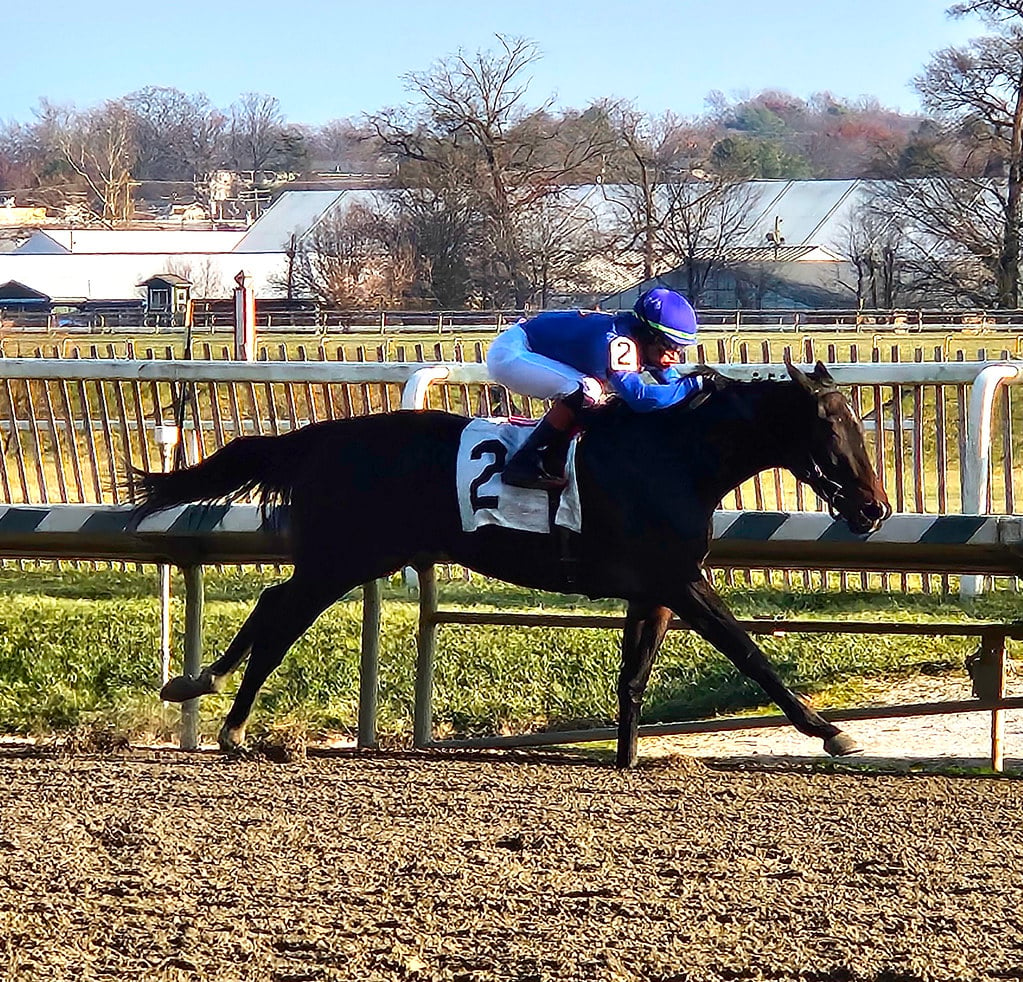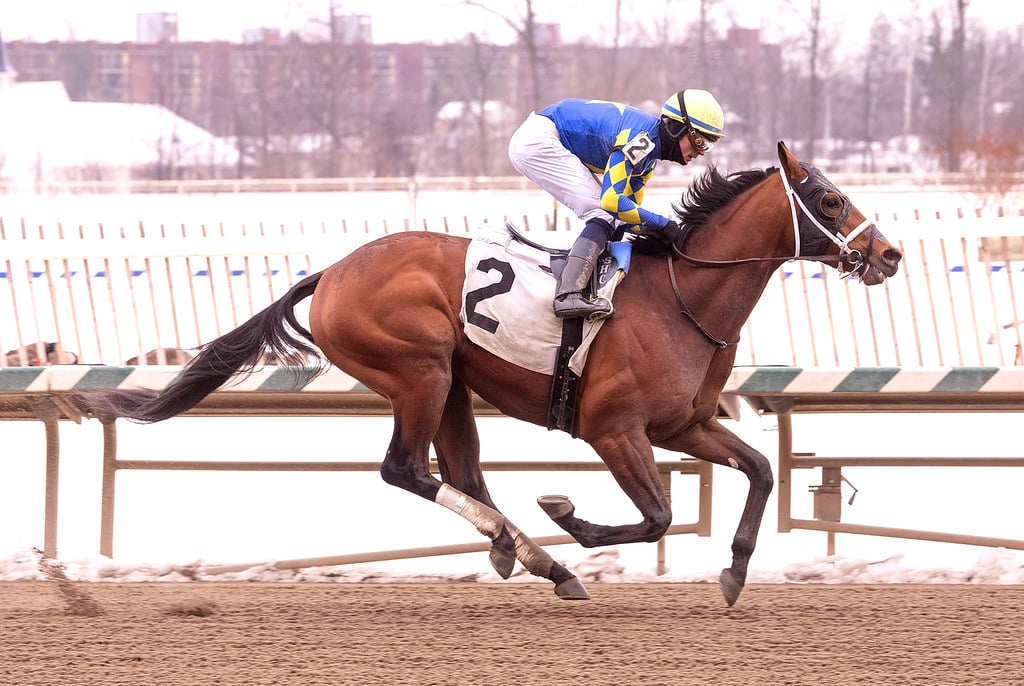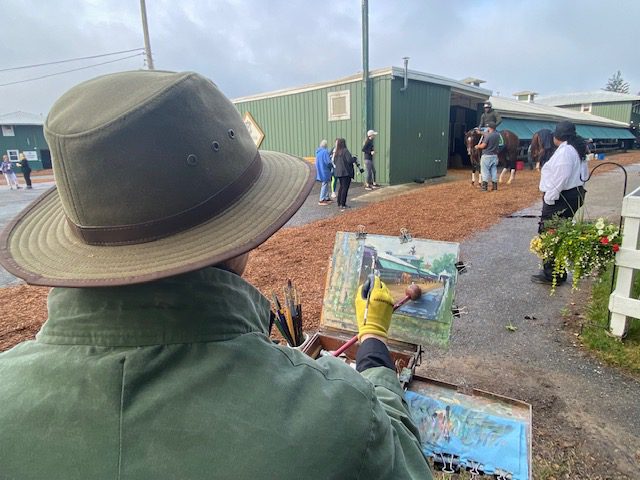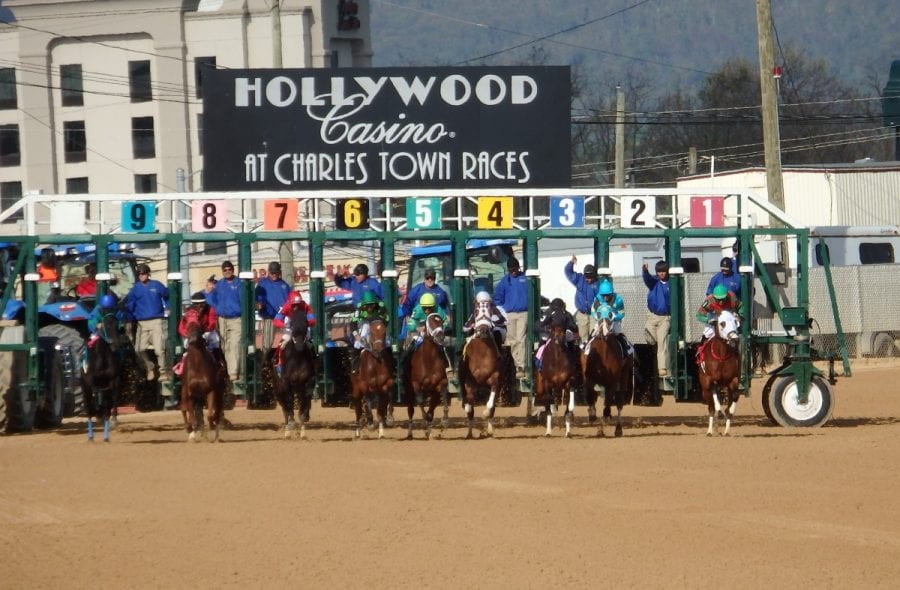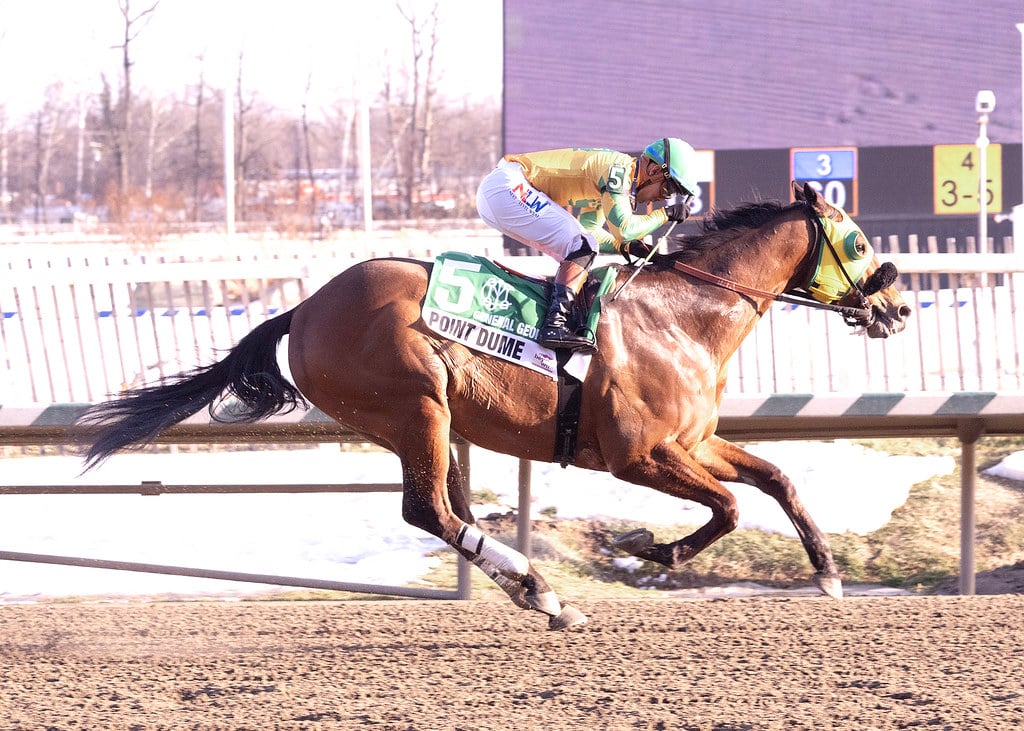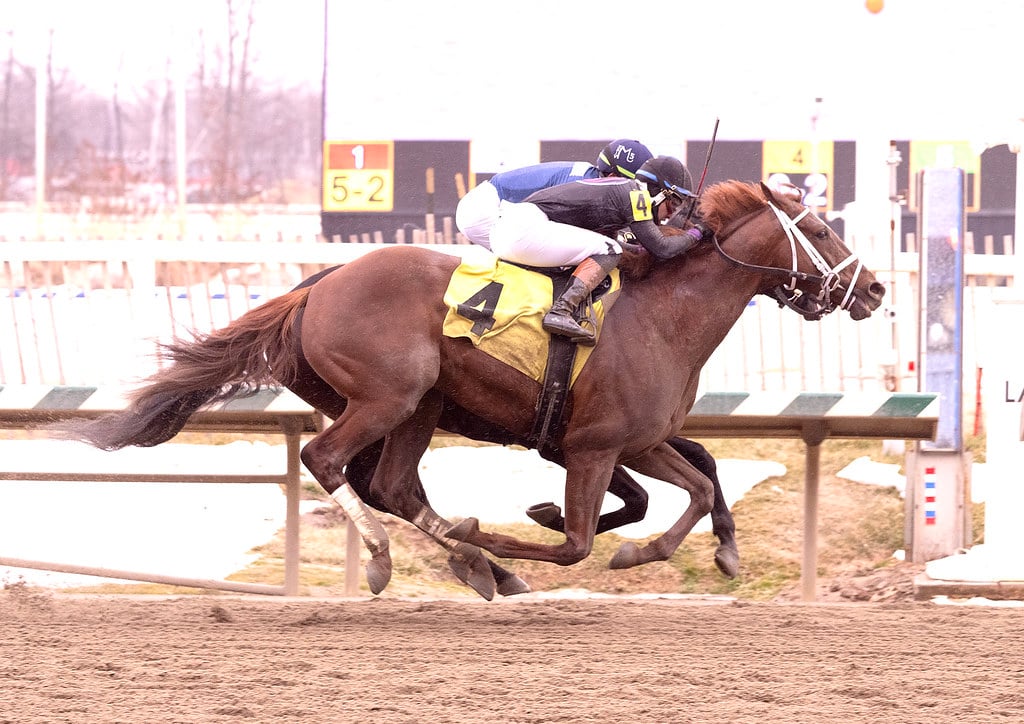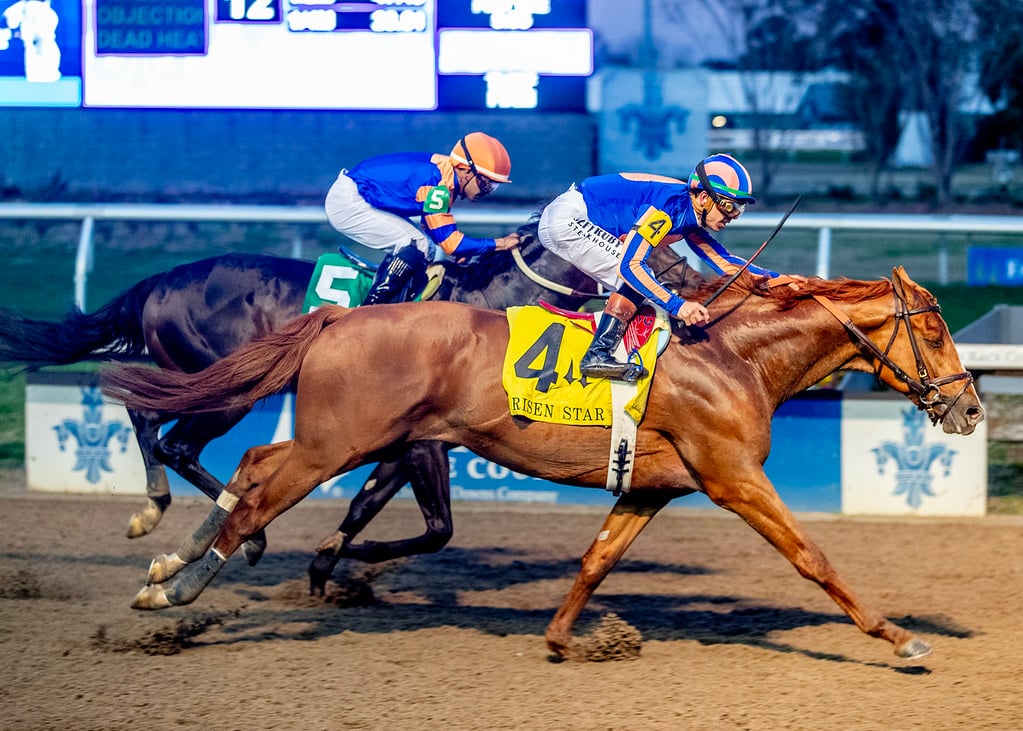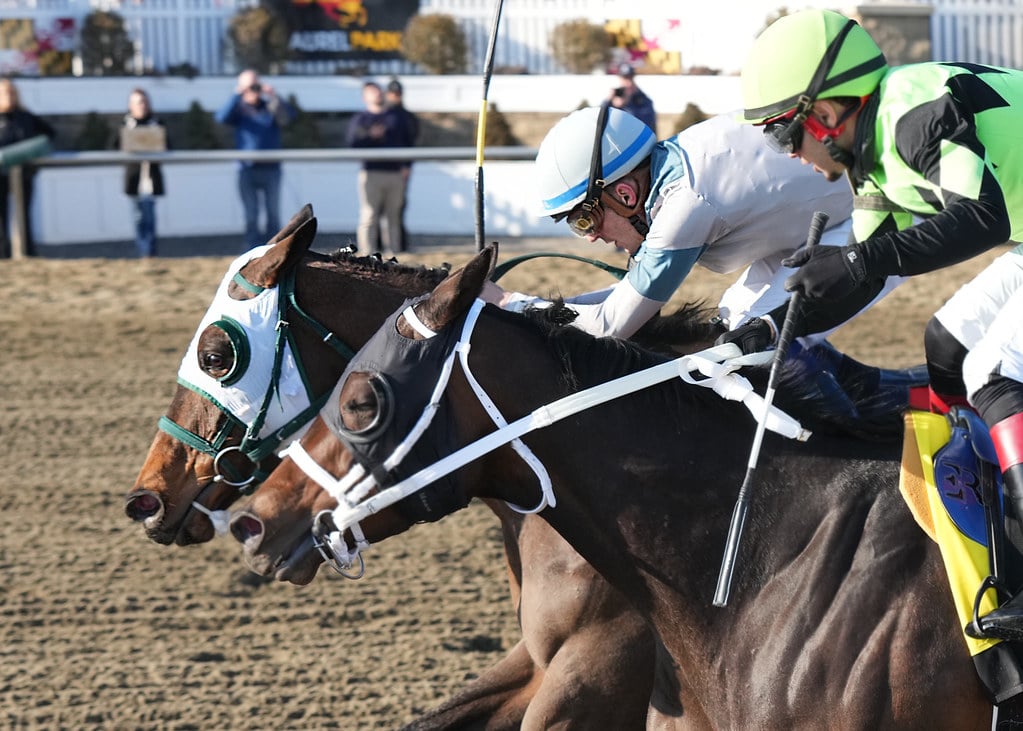Lawsuit challenges HISA funding
A pair of Iowa horse owners have filed suit against the Horseracing Integrity and Safety Authority (HISA), alleging that its method of assessing and collecting fees is unconstitutional.
The suit, filed July 29 in the United States District Court for the southern district of Iowa, seeks a ruling that the Act which created the Authority – the Horseracing Integrity and Safety Act – is itself unconstitutional and a permanent injunction prohibiting HISA “from assessing anyone” to fund its operations.
“Plaintiffs request that the Court stop the unconstitutional assessments and bring HISA’s unlawful reign to an end,” the suit reads.
The lawsuit adds to an already murky legal situation, with various courts opining on whether HISA is – or is not – on firm constitutional grounds. Most recently the Fifth Circuit Court of Appeals knocked HISA’s enforcement actions as unconstitutional, the second time that court has dinged the Authority.
The court ruled July 5 that the structure of HISA permits the private, nonprofit Authority quasi-government regulatory authority but affords the Federal Trade Commission, the government body under whose auspices HISA exists, “scant” and inadequate oversight of the Authority’s enforcement power. Some other courts, by contrast, have determined that HISA’s structure and operations are constitutionally valid.
The result of the legal wrangling that HISA is the law of the land in most states – but not in West Virginia or Louisiana, which were party to the lawsuit decided by the Fifth Circuit. Nor is it the law in Texas, where the state Racing Commission opted not to participate – at considerable cost in terms of wagering handle lost, since Texas races cannot under the statute be simulcast out of state.
The Iowa lawsuit adds another twist to the legal tale. And because it strikes at the heart of the Authority’s funding mechanism, if it is successful, it could pose significant challenges to the program’s continued viability.
The suit has been brought by horse owners Joseph Kelly and Douglas Anderson, represented by attorney Ryan Koopmans. Kelly, a retired firefighter who served for 25 years in the armed forces, owns three horses stabled at Prairie Meadows, the only racetrack in Iowa, according to the suit. Anderson is both a trainer and owner.
Their suit – as is the case in other suits brought against the Authority – stems from HISA’s somewhat unusual structure. Under the original act, Congress created HISA as a private, nonprofit organization but gave it regulatory powers that are substantially equivalent to those wielded by government agencies: to develop rules and regulations and to enforce those rules. It made HISA self-perpetuating and accountable at least to some degree to the FTC but not at all to the industry it regulates.
And, importantly, it gave HISA the ability to determine its own budget and to collect the revenues it needs from the Thoroughbred industry itself.
The issue arose over a dispute between HISA and Iowa racing interests. Each year, HISA determines its budget and then in effect bills each state for a share – based on factors including racing days and purses – of the total. For fiscal 2024, HISA’s assessments totaled more than $77 million.
In Iowa, which was assessed a bit less than $1.2 million, Prairie Meadows agreed to pay half of the assessment. When negotiations between the state Horsemen’s Benevolent and Protective Association (HBPA) and HISA failed to reach a resolution, HISA indicated that it would require Prairie Meadows begin collecting a per-start fee from owners to fund the half of the state’s assessment not covered by the racetrack, according to the suit.
One problem, the lawsuit alleges, is that Congress cannot delegate its authority to “issue taxes, or what the Act calls ‘fees’ or ‘assessments’” to a private entity.
Even if it could, the suit argues, the law’s direction that HISA “allocate equitably” its assessments “is not a sufficiently intelligible principle to guide HISA’s discretion.” Because the law leaves so much, then, to HISA’s discretion in determining who pays and how much, it leaves the Authority making “discretionary, government” decisions, rather than merely “ministerial” ones.
Moreover, the suit alleges, at least in Iowa’s case, HISA’s decision of an “equitable allocation” is anything but equitable. Referring to the per-start fee, the suit says, “Thus, HISA has declared that it is equitable for horse owners to pay half the assessment, for Prairie Meadows to pay the other half, and for all other ‘covered persons’ to pay nothing.”
The case is Joseph A. Kelly and Douglas L. Anderson vs. Horseracing Integrity and Safety Authority, Inc. et. al. The complaint is here.
LATEST NEWS


